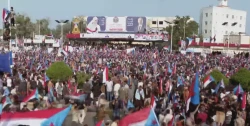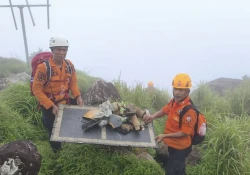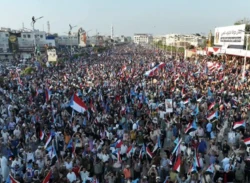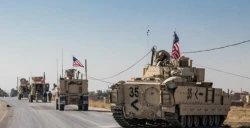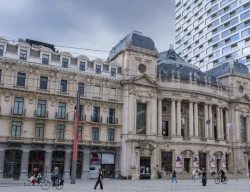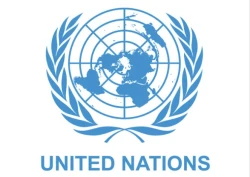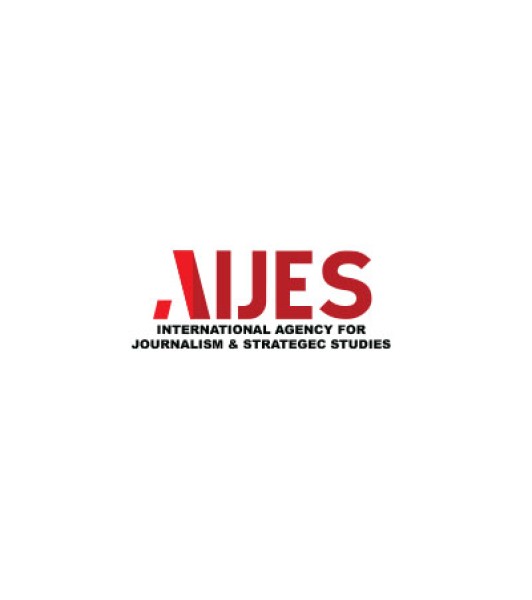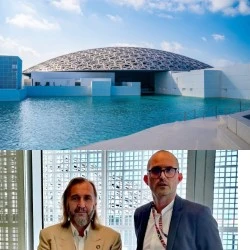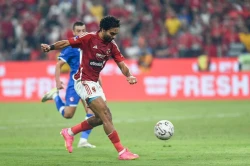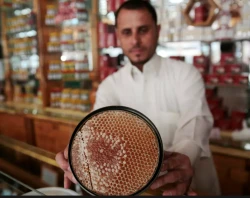‘There is no blank check’: Syrian leader told to rein in militants
- 2025-03-26 04:03:00
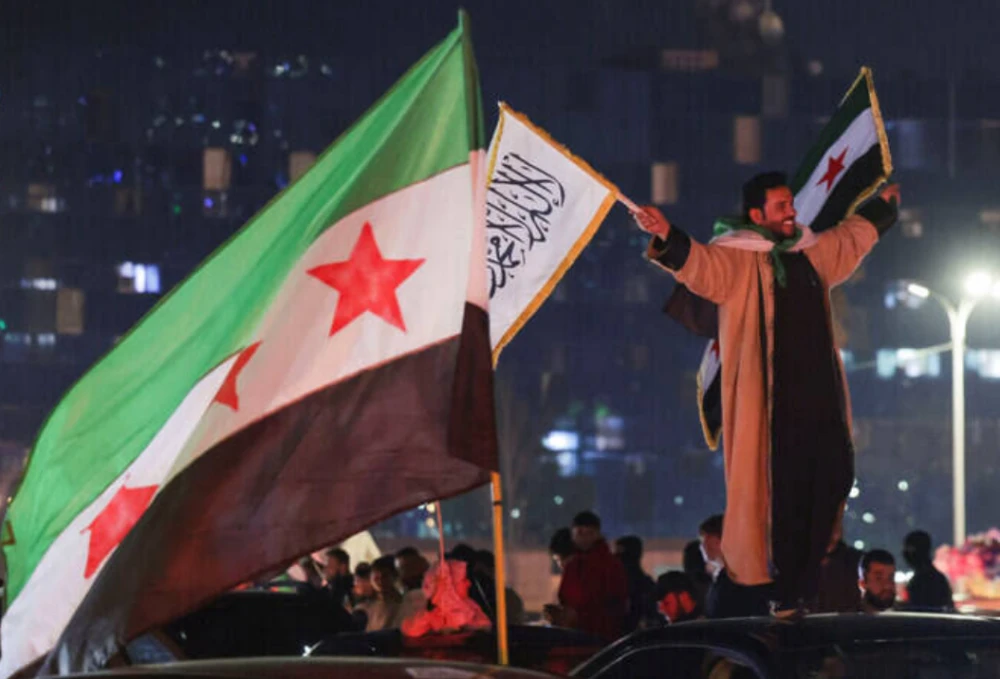
Syrian Arab Republic’s President Ahmed Al-Sharaa has a lot to prove to win over Western powers. If the first few weeks of his rule are anything to go by, he may be heading in the wrong direction.
The West is watching Syria’s leaders closely to ensure they rein in the Islamist militants who killed hundreds of Alawites, create an inclusive government with effective institutions, maintain order in a country fractured by years of civil war and prevent a resurgence of Daesh or Al-Qaeda.
To hammer home the message, three European envoys made clear in a March 11 meeting with Foreign Minister Asaad Al-Shibani in Damascus that cracking down on the militant fighters was their top priority and that international support for the nascent administration could evaporate unless it took decisive action.
The meeting has not previously been reported.
“The abuses that have taken place in recent days are truly intolerable, and those responsible must be identified and condemned,” said French Foreign Ministry spokesman Christophe Lemoine, when asked about the message delivered in Damascus.
“There is no blank check for the new authorities.”
Reuters spoke to the three European envoys as well as four regional officials during a trip to Damascus. They all stressed that the authorities must get a grip on security across the country and prevent any repeat killings.
“We asked for accountability. The punishment should go on those who committed the massacres. The security forces need to be cleaned up,” said one European envoy, who was among the group of officials who delivered the message.
Washington has also called on Syria’s leaders to hold the perpetrators of the attacks to account. US State Department spokesperson Tammy Bruce said they were monitoring the interim authority’s actions to determine US policy for Syria.
The problem for Sharaa, however, is that his Hayat Tahrir Al-Sham (HTS) group only comprises around 20,000 fighters, according to two assessments by Western governments.
That makes him reliant on the tens of thousands of fighters from other groups — including the very hard-line militant factions he is being asked to combat – and moving against them could plunge Syria back into war, five diplomats and three analysts said.
Thousands of Sunni Muslim foreigners, from countries including China, Albania, Russia and Pakistan, joined Syria’s rebels early in the civil war to fight against the rule of Bashar Assad and the Iran-backed Shiite militias who supported him, giving the conflict a sectarian overtone.
One of the reasons Sharaa now depends on a relatively small force of some 20,000 fighters from several disparate groups, including the foreign militant, is because he dissolved the national army soon after taking power
While the step was meant to draw a line under five decades of autocratic Assad family rule, diplomats and analysts said it echoed Washington’s decision to disband the Iraqi army after the fall of Saddam Hussein — and could lead to similar chaos.
Sharaa’s move, along with mass dismissals of public sector workers, has deepened divisions in Syria and left hundreds of thousands without income, potentially pushing trained soldiers into insurgent groups or unemployment, worsening Syria’s instability, according to five European and Arab officials.
Neither Sharaa’s office nor the Syrian foreign ministry responded to requests for comment for this story.
STUCK IN A PARADOX
In addition to the challenge of quelling sectarian violence, Sharaa must also contend with a host of foreign powers from the United States to Russia, Israel, Turkiye and Iran — all turning Syria’s territory into a geopolitical chessboard.
Turkiye holds the north, backing opposition forces while suppressing Kurdish ambitions. US-backed Kurdish-led forces control the east with its vital oil fields, while Israel capitalized on Assad’s fall to bolster its military foothold. It now controls a 400-square-km demilitarised buffer zone, supports the Druze minority and is opposed to the Syrian leadership.
In response to the massacres of civilians, Sharaa has established an investigation committee and promised to punish those responsible, even those close to him.
But any action against the militants who carried out the killings could ignite factional infighting, purges and power struggles — leaving the new government stuck in a paradox, the diplomats and analysts said.
“Obviously Sharaa doesn’t control the foreign militants and does not call all the shots,” said Marwan Muasher, vice president of the Carnegie Endowment for International Peace. “What is clear is that the massacres were carried out by people who are Salafi militants, and are not listening to what he’s saying.”
While diplomats recognize that the inquiry is a step in the right direction, they said its credibility would have been far stronger with UN and international observers.


